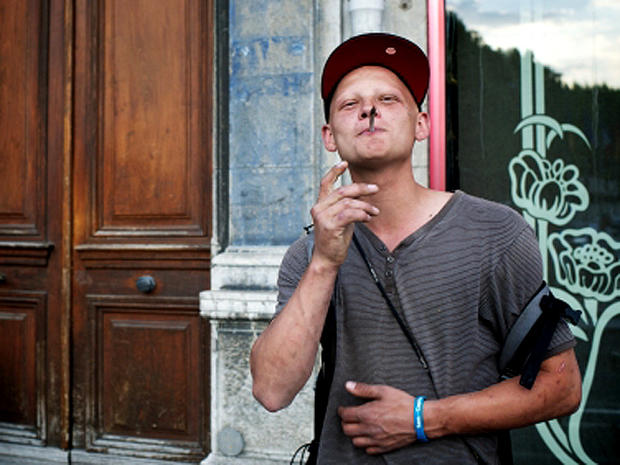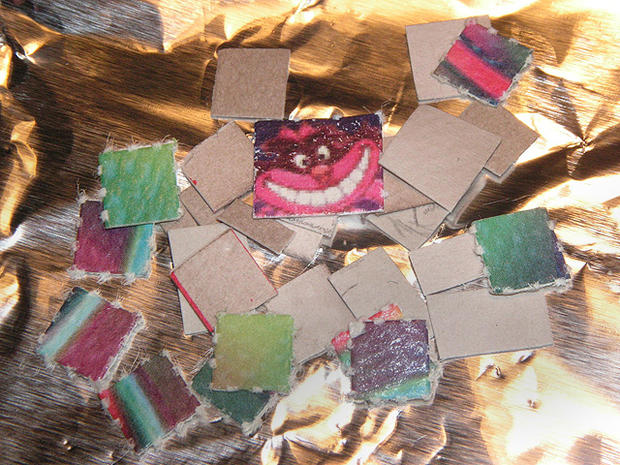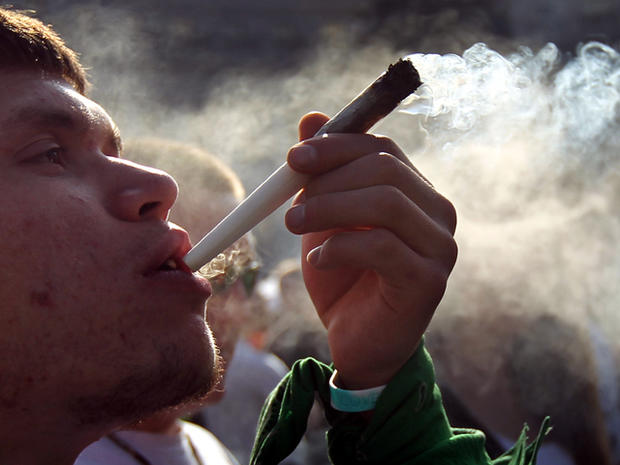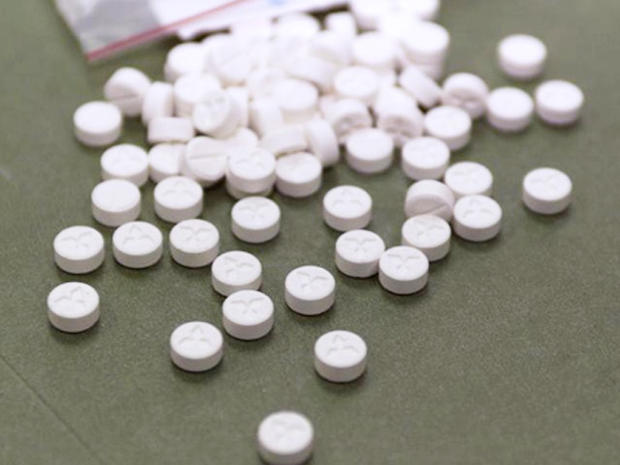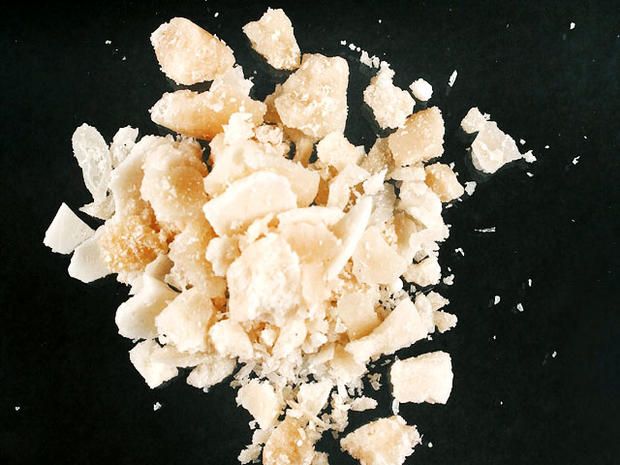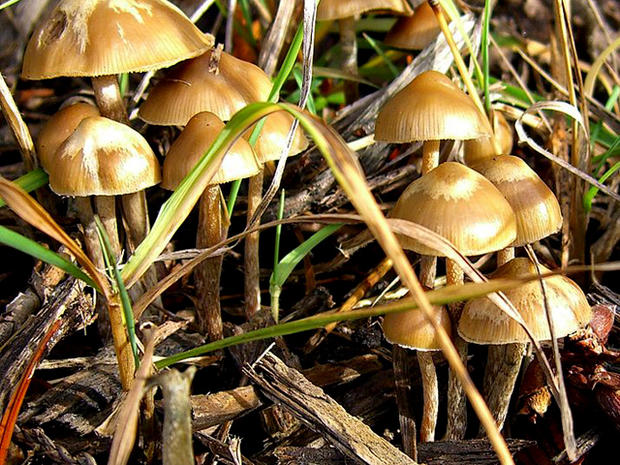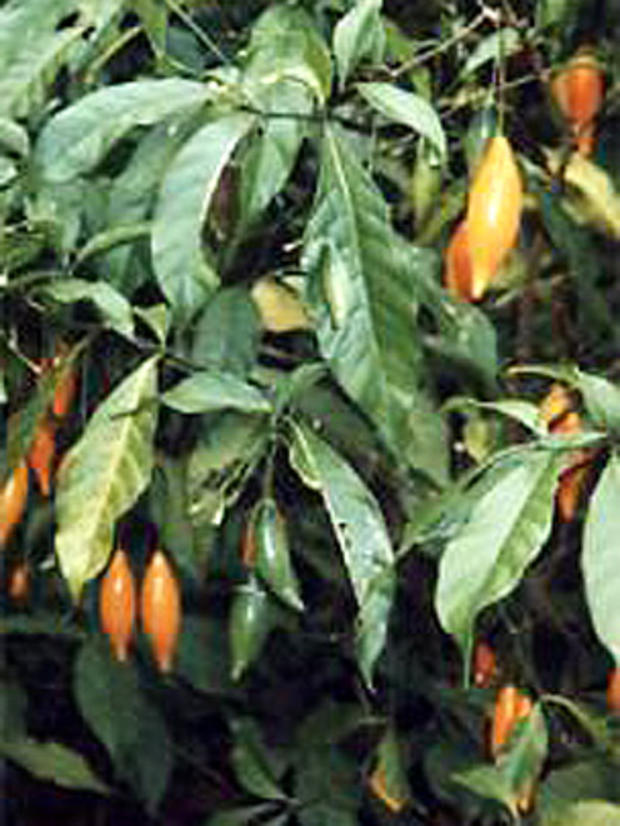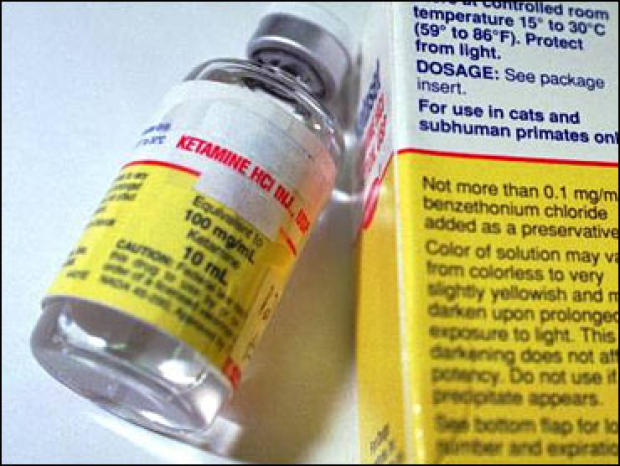Surprising medical uses for illicit drugs
(CBS News) Illicit drugs are bad for you. Almost every doctor will recommend avoiding recreational drug use, because it can lead to long-term health problems and drug abuse that can ruin personal relationships and even send a person to an early grave.
But while drugs can be dangerous, illicit drugs have been researched for centuries, and some have been found to have surprising therapeutic benefits.
Whether it's a psychological benefit or treating an addiction to one drug with the help of another, several studies document the potential medicinal effects of otherwise illegal drugs.
Keep clicking to see 7 drugs that researchers have found might have a medicinal uses...
Surprising medical uses for illicit drugs
LSD (Acid)
Lysergic acid diethylamide, known as LSD or acid, comes in tablets, capsules, liquid, or on absorbent paper (pictured left). The hallucinogenic drug produces "trips" that last about 12 hours and involve unpredictable feelings of panic and fright. Although LSD raises body temperature, heart rate and blood pressure, and has even been linked to "flashbacks" months after use, it may have a sobering effect on alcoholics, according to a recent study.
The study found people with alcohol problems who took LSD reported greater self-acceptance, awareness and motivation to address their alcohol abuse.
Surprising medical uses for illicit drugs
Marijuana
The most commonly used illegal drug in the U.S. has found many purposes - recreational, spiritual, and medicinal. Uncle Sam even doles out free joint canisters to four Americans who were grandfathered into an experimental government treatment study that looked at marijuana for medicinal reasons. Others are simply authorized to grow medical marijuana on their own. Marijuana has been found to relieve chronic pain, prevent post-traumatic stress disorder, and has even found celebrity advocates such as TV personality Montel Williams.
Currently 16 U.S. states and Washington D.C. have medical marijuana laws on the books.
But marijuana use has also been tied to long-term brain problems, risk for psychotic symptoms, and deadly car crashes.
Surprising medical uses for illicit drugs
MDMA (Ecstasy)
MDMA, known as ecstasy, XTC or X, is a synthetic drug that produces short-term feelings of emotional warmth, physical energy, and enhanced sensory perception. But it can also cause nausea, chills, muscle cramping and blurred vision. The drug, which grew in popularity as a club drug, was found to potentially hold the key to better treatments for deadly blood cancers such as leukemia, lymphoma, and myeloma.
Another study found MDMA combined with therapy could help treat post-traumatic stress disorder (PTSD).
Surprising medical uses for illicit drugs
Cocaine
Despite its dangers, cocaine has a history of medicinal use, once used as a stimulant for those wasting away from disease or morphine addiction - the latter was especially common following the Civil War - and thought to be a general cure-all, sold as tonics by pharmacists. Cocaine was also one of the earliest anesthetics used for surgery. Some current anesthetics, such as novocaine, use safer versions of the chemical without the psychological effects.
Surprising medical uses for illicit drugs
Psilocybin (Magic mushrooms)
Psilocybin is a hallucinogen found in certain kinds of fungus, commonly known as psychedelic or magic mushrooms. While consuming these mushrooms produces short-term drug "trips," research has found that magic mushrooms may lead to a long-term greater sense of well-being and help treat depression.
Another study found the drug could give people a more "open" personality, making them more likely to quit smoking or treat anxiety and depression in cancer patients.
"We're not saying go out there and eat magic mushrooms," Professor David Nutt, a neuropsychopharmacology researcher at Imperial College London and magic mushroom study author said. "But...this drug has such a fundamental impact on the brain that it's got to be meaningful - it's got to be telling us something about how the brain works."
Surprising medical uses for illicit drugs
Ibogaine
One ibogaine researcher, Dr. Kenneth Alper of NYU Langone Medical Center, told HealthPop last summer that the approach is mostly used for people who fail more conventional treatments. The drug is thought to work for addicts by helping them through potentially deadly withdrawal symptoms, and reportedly changing drug-seeking behavior in some addicts.
Surprising medical uses for illicit drugs
Ketamine
But a recent study of depressed patients at Ben Taub General Hospital in Houston found the drug treated people with suicidal depression during the critical stretch when depressed patients were most vulnerable.
"It was a different experience from feeling high. This was feeling that something has been removed," said Dr. Carlos Zarate, a ketamine researcher at the National Institute of Mental Health.
